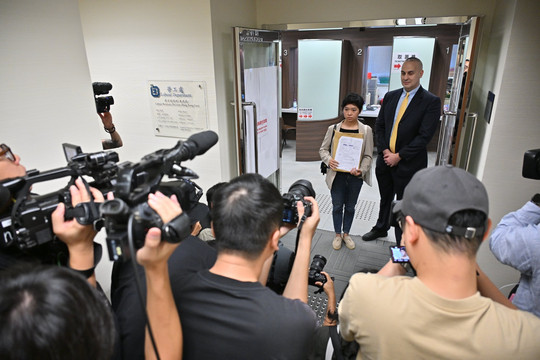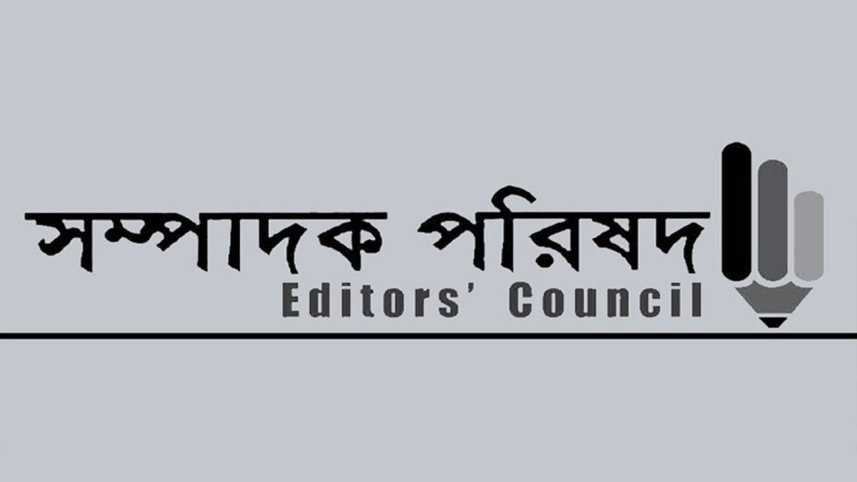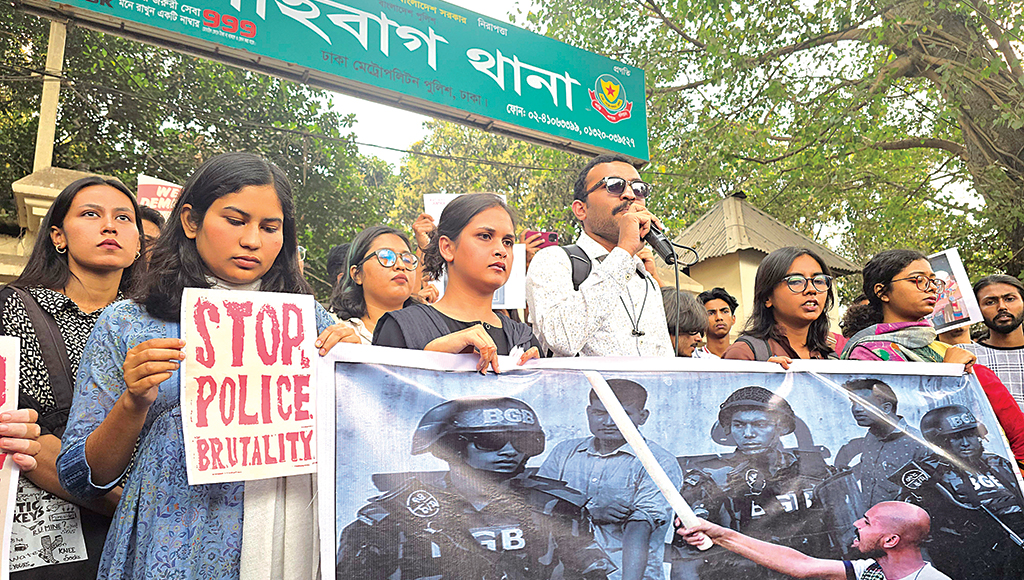
Trapped Between Bullets and Silence: Journalists Targeted Amid Haiti’s Gang Chaos
November 21, 2024
Press Freedom on Trial in Hong Kong
November 21, 2024November 21, 2024 – India –
Investigative reporter and Washington Post columnist Rana Ayyub has faced a renewed wave of cyber‑harassment after her personal phone number was leaked online on November 8, 2024. The number was reportedly posted by a right‑wing account on X named Hindutva Knight, run by a meme creator associated with a BJP-linked consultancy firm. In response, Ayyub received over 200 explicit WhatsApp messages, video calls, and even repeated OTP requests—while authorities, she says, have yet to take substantial action despite her cybercrime complaint.
This episode follows chronic abuse. Ayyub has long been subjected to systematic doxxing, misogynistic threats, deepfake pornography, and death threats tied to her investigative reporting on issues from the 2002 Gujarat riots to human rights abuses in Kashmir and Yemen. The Committee to Protect Journalists (CPJ) reported that she was even trailed by state security during a reporting trip in Manipur, with officials questioning and monitoring her movements under the guise of “safety”.
The IFJ decried the rape and death threats, condemning them as “a serious violation of human rights” and criticizing police inaction as emboldening attackers. RSF highlighted Ayyub as emblematic of the gendered, Islamophobic online violence faced by women journalists in India, specifically calling out attacks on her phone number and identity as part of a broader cyber harassment campaign.
Her digital persecution involves “intimate, misogynistic, networked harassment,” including targeted campaigns spreading doctored images, hate speech, and systemic trolling—a pattern documented by gender-based media violence studies. This online violence frequently escalates offline, posing clear risks to her physical safety.
In sum, the recent doxxing is not an isolated incident but part of a sustained, multifaceted attack orchestrated by right-wing voices and often tolerated—or enabled—by state actors. With mounting calls from CPJ, IFJ, RSF, and cybercrime complaints still unresolved, Ayyub’s plight highlights the perilous landscape faced by dissenting journalism in India today.
Reference –
https://rsf.org/en/rana-ayyub-face-india-s-women-journalists-plagued-cyber-harassment
Indian journalist Rana Ayyub tailed by officials, harassed after number leaked




